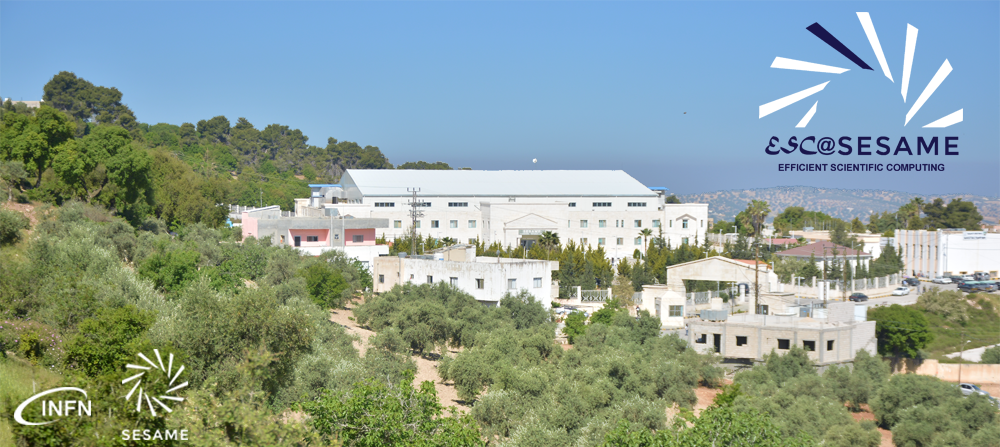Introduction
Large scale computing resources are routinely exploited in an ever growing number of scientific application fields to advance the frontier of our knowledge. Continuous progress in squeezing the physical size of the basic processing and storage elements and the explosion of the digitally-enabled consumer products market will make it possible to further expand the scale of performance potentially provided by future computing systems. However turning this progress into real benefits for science will require, more than in the past, the orchestration of large and coherent efforts in many areas of software development.
Particularly critical for the coming years will be the advent of modern hardware with large numbers of CPU cores, accelerators and specialized coprocessors that will increase the intrinsic computing power but without a corresponding increment of the memory bandwidths.
The complexity of the architectures and the mismatch with existing application software will require to fundamentally redesign and rewrite applications software for greater parallelism, in order to perform well on future systems.
The goal of the school is to increase the awareness of the new generations of scientists, that will have to face these future challenges, on the importance of developing skills and competences to develop efficient applications.
Audience
The program of the school is mostly targeted to PhD students, post-docs and young researchers who are actively involved with the development of scientific applications and systems. Although several topics are introduced without assuming previous specific knowledge, practical experience with basic concepts of C++ language is needed to fully assimilate the material presented in the School.
Format of the school
Lectures are structured along two main tracks and are interspersed with tutorial and practical sessions, providing opportunities for learning by doing and direct applications of optimization tools and technologies as well as for interactions among students, lecturers and tutors.
A few special presentations are also foreseen to stimulate broader interest and exchange of experiences.
On the last day of the School, students will have the opportunity to test their learning achievements through a written exam. The successful outcome of the test will be reported on a written certificate for those interested. A simple attendance certificate will also be available on request.
Board and lodging
Students and lecturers will be hosted in the SESAME Guest House. Breakfast and meals will be served in the SESAME cantine,



